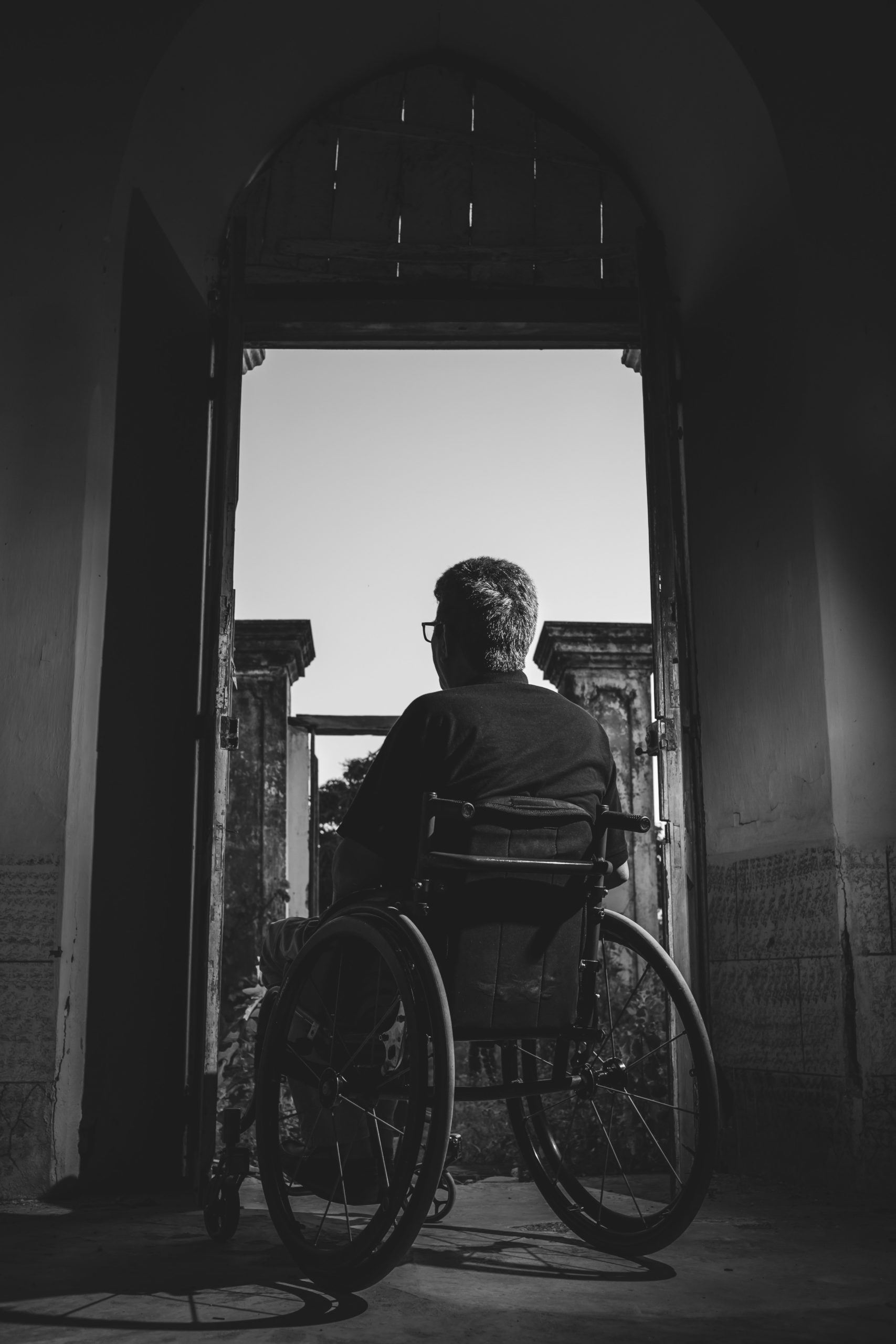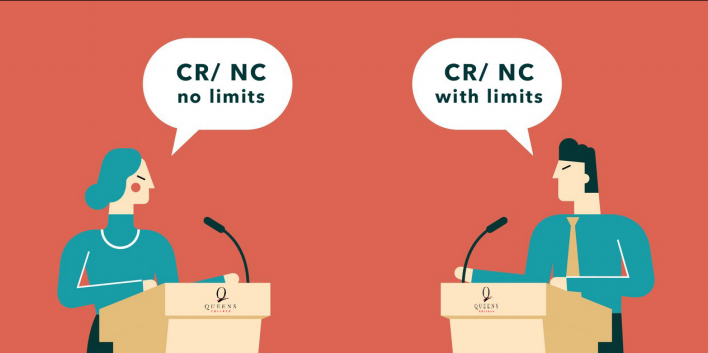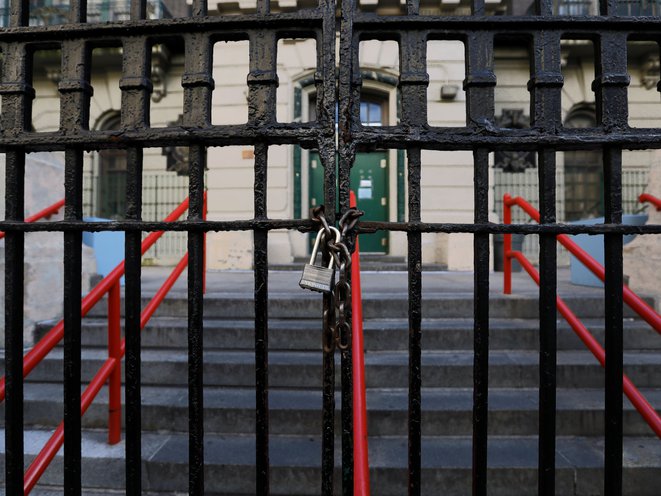Disabled people have faced discrimination in the healthcare system for ages, and with COVID-19 at its peak, many individuals within the disabled community are feeling more marginalized than ever before. Questions of general treatment-prioritization have been looming over hospitals for months now, and disabled people have suffered the consequences of it.
With these questions in mind, the disabled community is concerned that their needs will not be met during the pandemic. Ever since COVID-19 hit, triage policies have changed in many hospitals. Triage policies are when health care workers sort patients based on patients’ immediate needs and chance of survival. Many of these new policies exclude people based on “their intellectual or developmental capacity, explicitly or implicitly assessing a person’s quality of life, assuming long-term survival thus disadvantaging people with disabilities, failing to incorporate modifications in getting treatment like longer times on ventilators for those who need it, and the reallocation of ventilators from chronic ventilator users to other patients,” according to the American Bar Association (ABA).
The Patient Protection and Affordable Care Act (ACA), Americans with Disabilities Act of 1900 (ADA) and the Rehabilitation Act of 1973 are all laws that were implemented to ensure that no one is prevented from receiving adequate access to health care. Yet, many disability advocacy groups like the Center for Public Representation (CPR), The Arc of the United States and the Disability Rights Education and Defense Fund (DREDF) filed complaints with the Office of Civil Rights (OCR) in March 2020 when these new triage policies were first released. Since then, states like Washington, Alabama, Kansas, Pennsylvania, Utah, Oklahoma, North Carolina, Oregon, and New York have all claimed that these policies are in violation of the ACA, ADA and the Rehabilitation Act.
In an article published by The Progressive, reporters cite how disabled individuals and their families keep hearing the phrase “most vulnerable,” yet they know that “most vulnerable” does not pertain to those with disabilities. The article cites how a quadriplegic man and his wife were told bluntly that “he would not be put on a respirator because ‘as of right now, his quality of life — he doesn’t have much of one.”
The Knight News asked CUNY Queens College (QC) students about their opinion on the matter. A senior QC student, who wished to remain anonymous, offered a response: “Well COVID has laid out a lot of things for everyone to see. Ableism is really coming out. I work with a lot of kids and now it’s moved online. So anyone with special needs is working very hard to stay afloat in school. My nephew has pretty significant special needs and we were worried he would regress without his routine and in-person school. Seeing as students in school are slipping through the cracks in online school it doesn’t surprise me that the health care system isn’t looking out for disabled people.”
Senior Tiffany Zorrilla, a sociology and English major at CUNY Hunter College, explained that, “It’s been awful especially having a cognitive disability for functioning — routine and therapy has been key to keeping myself stabilized. In a lot of ways, the pandemic reshaped how I experience academia and what I am actually motivated /drawn to regarding career prospects. Been dealing with mental illness — I’m fortunate enough to have the resources I need. It’s a weird space to be in.”
COVID-19 has impacted everyone regardless of health status, and the disabled community fears that because of this, they will continue to be overlooked by the health care system.














